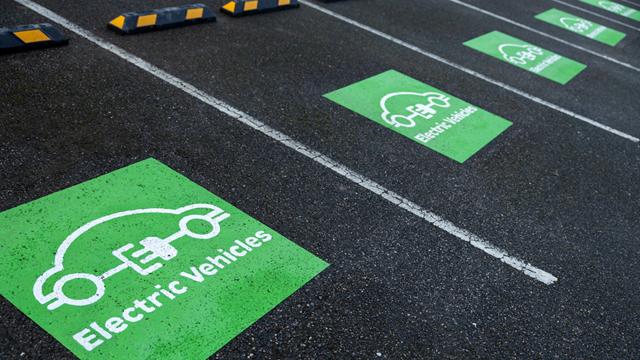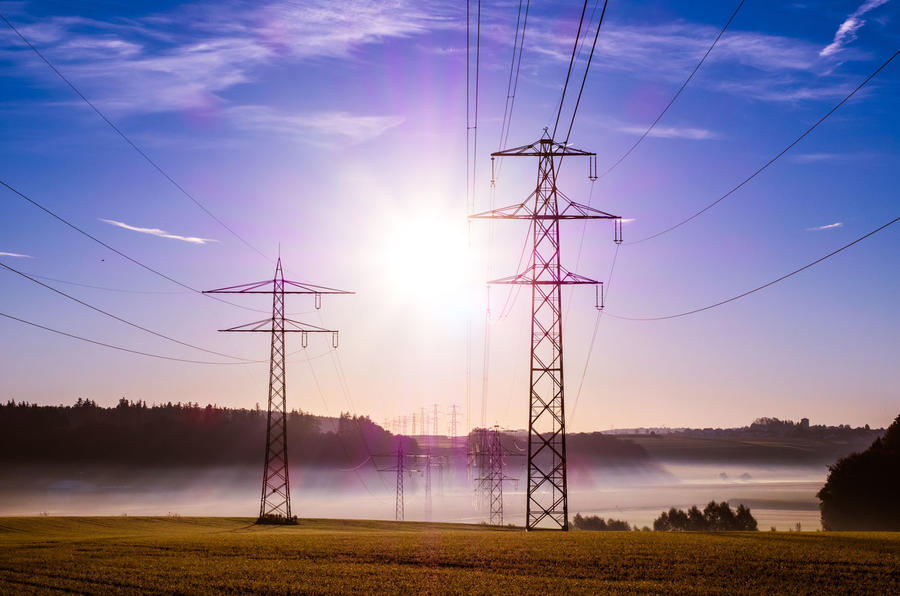Fastcar155
MB Enthusiast
I think not but really think I am incorrect in my assumption.
Follow along with the video below to see how to install our site as a web app on your home screen.
Note: This feature may not be available in some browsers.
..Much of our infrastructure is becoming old, the houses on my street were built in 1932…(actually all the suburb around here was built in between the wars (Metroland))
.. I wonder when all the main supply cabling went in? And has it ever been updated? Certainly not in the past 30yrs I’ve lived here, - And as our homes become more power hungry, that draws more current, generates more heat…..
I think not but really think I am incorrect in my assumption.



Are there enough chargers, to service every car on the street if every car on it was an EV?The houses in my street were built between 1860 and 1890 (originally built as town houses, now converted to blocks of flats)
Luckily we have lamppost chargers in my street, so charging an EV isn't an issue, but the plumbing and wiring are a nightmare.
Are there enough chargers, to service every car on the street if every car on it was an EV?
is there a lamppost outside every dwelling? - it’s about every 4th house here…
….and what about high rise blocks?
What I do believe is that existing equipment often needs upgrading to facilitate chargers, including domestic chargers. So, it’s not just the cost of the chargers, but also additional upgrade costs.
Yes, Remember all the industrial demand that disappeared ?They may have ‘generating capacity’….. but do we have peak load capacity?
Do we have a sufficient distribution network to meet the demand across the whole country?
Have we solved the issues for tower block dwellers charging EVs.
For HMOs? (Many of which have no off street parking).
For turn of last century (and earlier) terraces where the front door is on the pavement?
Much of our infrastructure is becoming old, the houses on my street were built in 1932…(actually all the suburb around here was built in between the wars (Metroland))
.. I wonder when all the main supply cabling went in? And has it ever been updated? Certainly not in the past 30yrs I’ve lived here, - And as our homes become more power hungry, that draws more current, generates more heat…..
Huh? Aren't public chargers already too expensive to do that, compared to the roughly £800 one-off cost of installing a domestic charger?I am guessing that for people who only do low annual mileage it will work out cheaper to charge their EV on a public charger when needed, than to pay for their own charger to be installed.
..And then there's the issue of replacing gas-fired central heating.
Yes and no. It will, but it can be done off peak, thanks to the progression on battery storage over the three decades or so that it'll take it all to happen.This is going to be the big one. You can't heat your home every other week, and only off-peak.....
Huh? Aren't public chargers already too expensive to do that, compared to the roughly £800 one-off cost of installing a domestic charger?
(Or to a subsidised / not quite for profit power source in your company car park etc)
And it won't be long before public charging attracts other taxes beyond the "current" 20% VAT "charged."
There's no "personally" in it, given the "current" pricing. The tariffs are out there for all to see. Public charging is much more expensive than home charging, for good reason: an extra 15% VAT and routine commercial operating costs.Personally, I think that those who can, will avoid public chargers due to the high cost of electricity.
We use essential cookies to make this site work, and optional cookies to enhance your experience.
